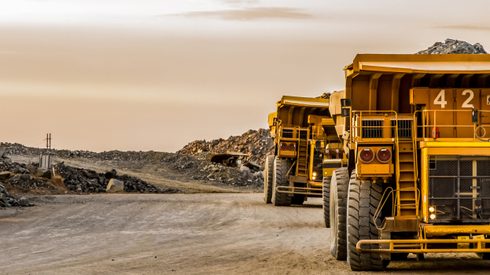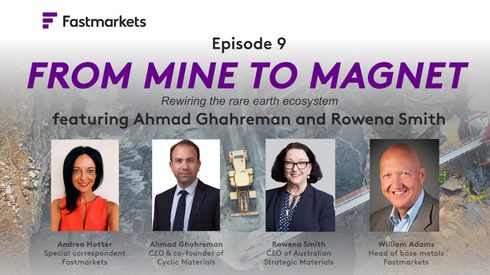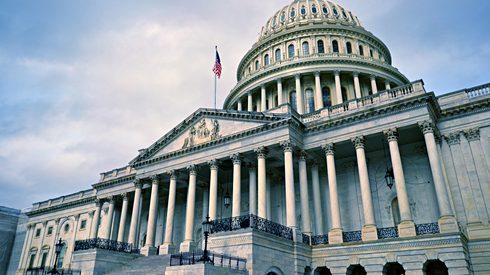LCM is one of the two non-Chinese producers of rare earth metals and alloys. The company is assessing the potential for high-performance neodymium iron boron (NdFeB) magnet production in the UK, Smith said.
“LCM is the only company outside China that offers a full range of rare earth metals and alloys — heavy and light,” the chairman said.
In September, LCM announced a strategic supply agreement with Rainbow Rare Earths, which is developing rare earth projects in South Africa and Brazil.
Under the agreement, Rainbow Rare Earths will supply:
• light rare earth neodymium-praseodymium oxide
• heavy rare earth dysprosium oxide
• heavy rare earth terbium oxide
LCM will convert them into metals and neodymium iron boron (NdFeB) alloy for magnet manufacturers in the EU and the US, according to the agreement.
Fastmarkets’ price assessment for dysprosium oxide 99.5%, fob China increased to $370-380 per kg on Thursday November 30 from $355-375 per kg a week earlier.
The assessment for neodymium-praseodymium oxide 99% ratio (75:25), fob China was $68-70 per kg on November 30, down by 1.43% from the $69-71 per kg the week before.
The assessment for terbium oxide 99.99%, fob China was $1,100-1,140 per kg on November 30, increasing by 2.47% from the $1,050-1,136 per kg the week prior.
“Our major competition is the Chinese government, they’ve taken over the industry with two companies,” Smith said.
Two Chinese conglomerates — China Northern Rare Earth and China Rare Earth Group — dominate the global production of rare earths. China accounts for around 60% of worldwide rare earth mined production, market sources say.
Visit our rare earths content hub to explore latest rare earths news and prices.






